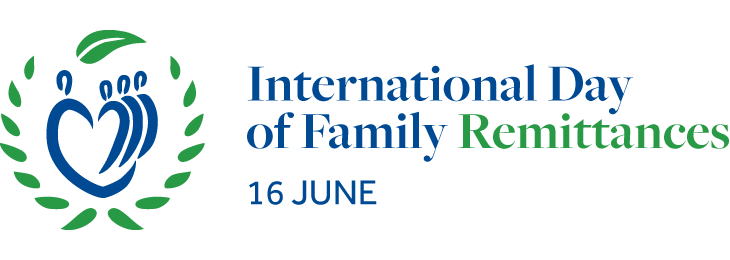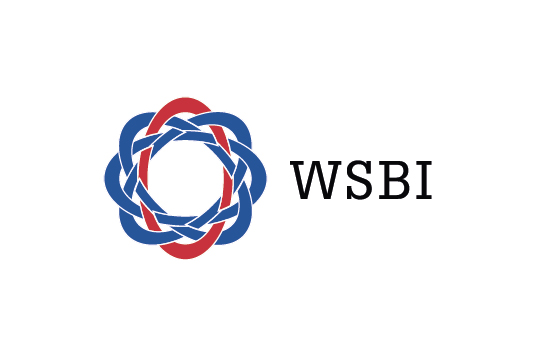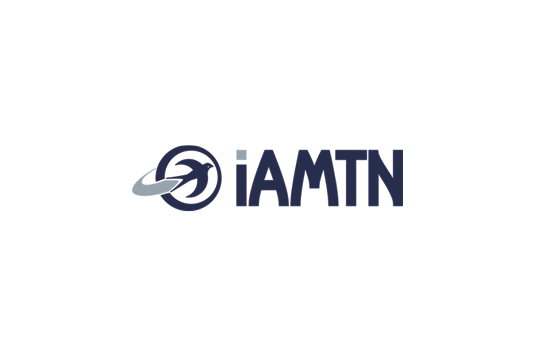04 Jun The Central Bank of Kenya directs banks to quarantine cash
The Central Bank of Kenya agreed with the banks to waive mobile money transfer charges until June 30 in the push for cashless payments aimed at curbing the spread of the coronavirus....







